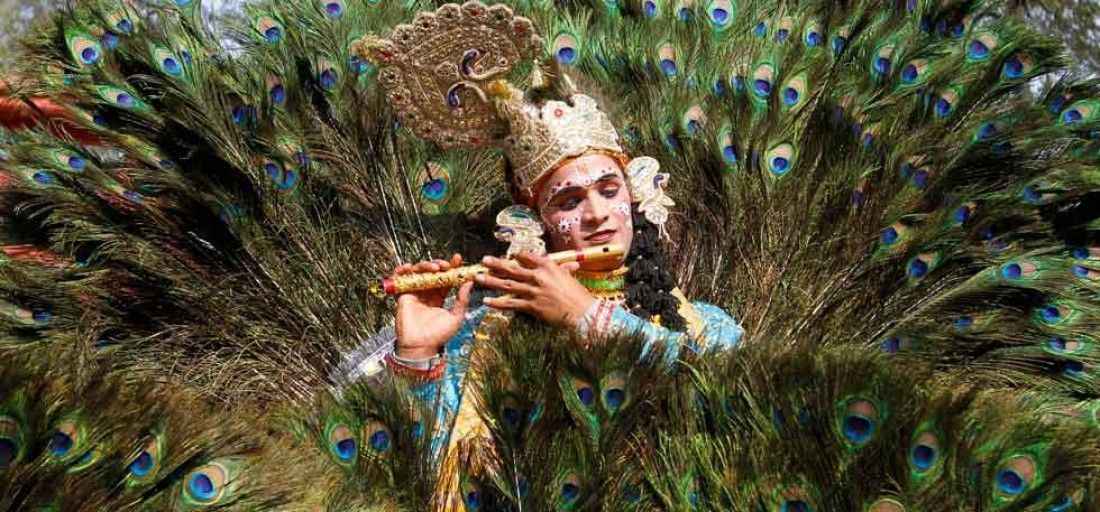|
Shree Krishna has explained in chapters 14, 16 17 and 18 of Shrimad Bhagavad Gita about the different personalities of persons which are caused by the root material i.e. Prakriti (nature) having three attributes viz. Sattva, Rajas and Tamas in varying proportion. The different characteristics viz. state of mind, actions & doership, charity, spiritual duties, food habits, true knowledge, intellect, determination, joy and re-birth spell out about the Rajasika person.
The rajas element is of the nature of passion which draws the person to action (14.9). It binds the soul through attachment to actions and their fruit (14.7). By overpowering Sattva and Tamas, Rajas prevails (14.10). Rajas expresses as dynamism, passion, anger, covetousness, the reproaching the others, extreme sternness, discontent, fierceness, attachment and like (14.5). Knowledge dominated by Rajas directs attention to diversity of things; actions dominated by it result in actions done with great attachment, egotism and expenditure of energy; an agent dominated by it is greedy, cruel, attached and subject to elation and depression; the intelligence is dominated by it is riddled with confusion about right and wrong and has little sense of duty; strength of mind is dominated by ambitions, desires and worldly status; and happiness dominated by it is extremely attractive in the beginning due to sensual excitement but in its final result brings about sufferings. The main attributes of Rajasika Person are listed as under (in bracket, chapter.verse) (the relevant Sanskrit verses of Bhagavad Gita are mentioned at the bottom):
0 Comments
|

 RSS Feed
RSS Feed